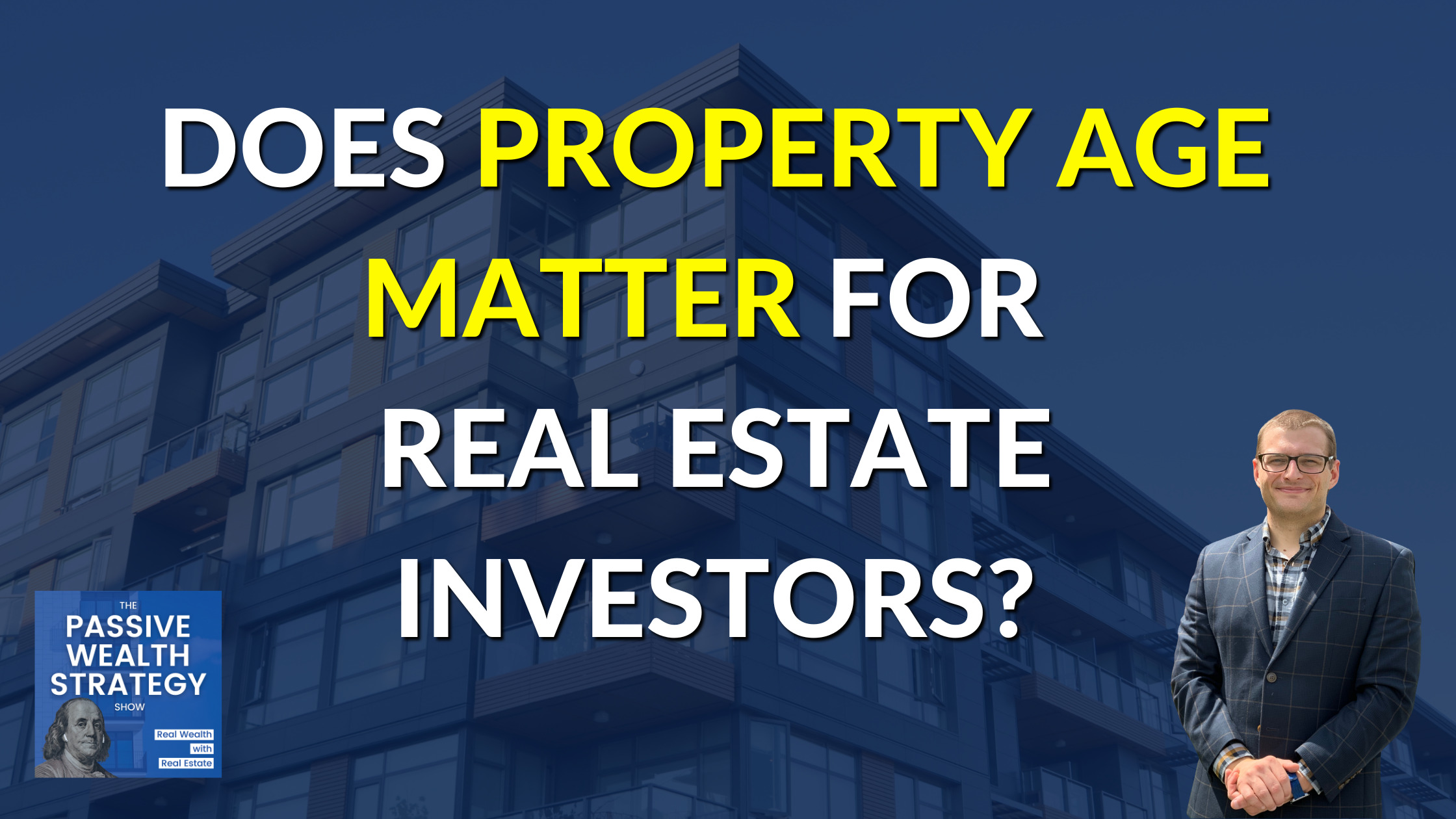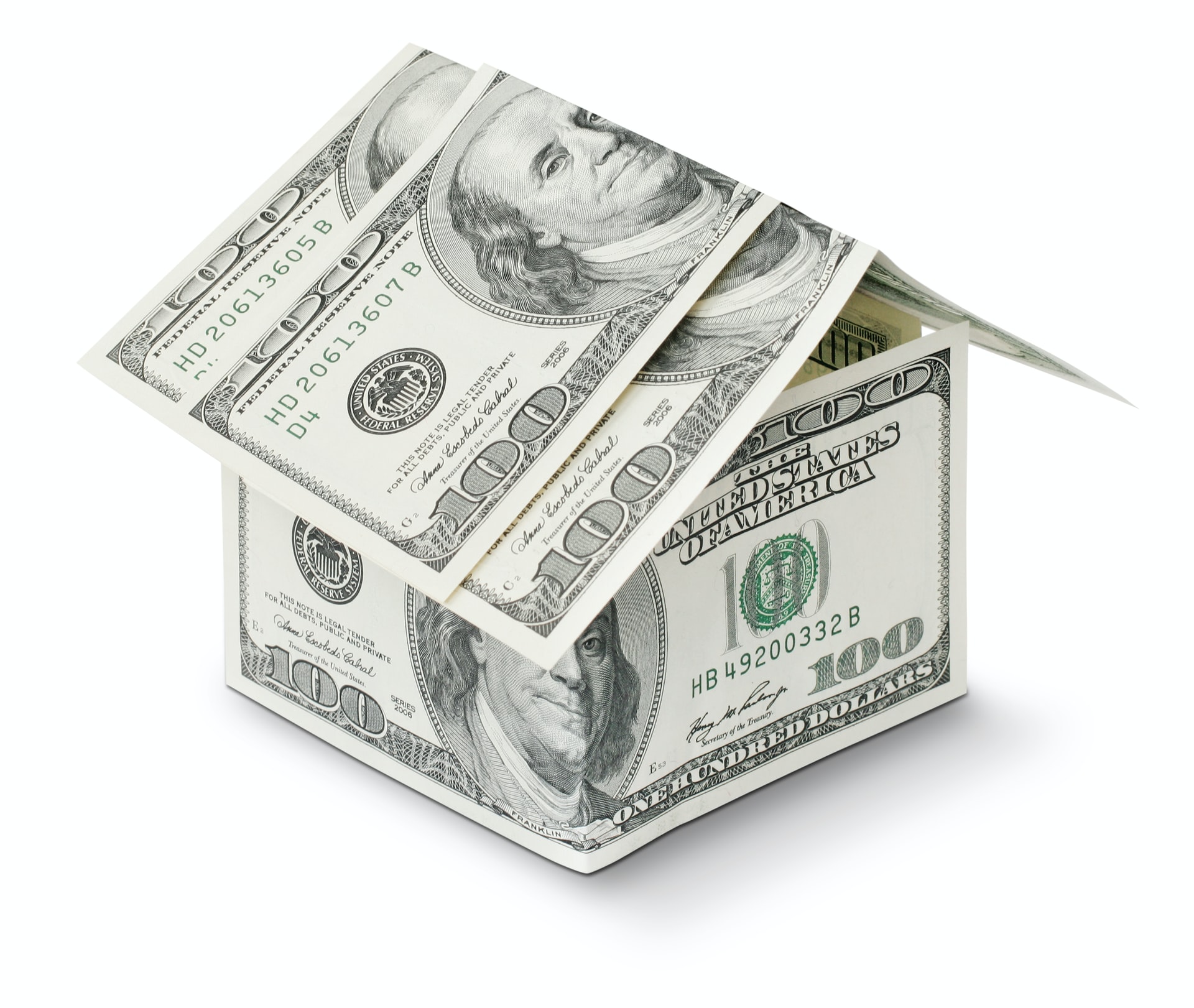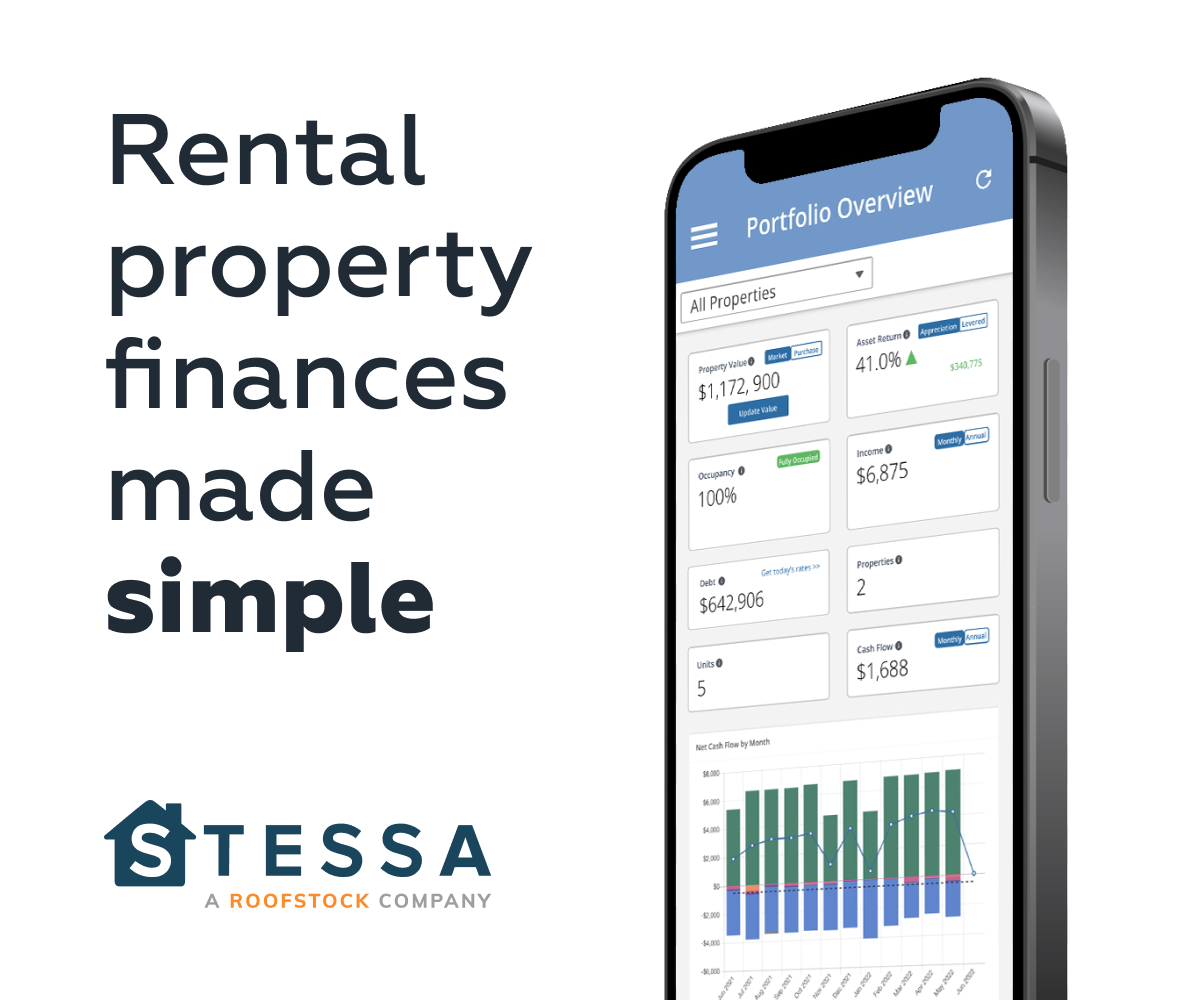
Does property age matter for real estate investors?
Newer real estate investors often wonder whether the age of a property matters, and if it does, how much?
The answer is Yes, Property age matters. But why?
Property age impacts the price, your rehab and update costs, your overall potential rents, and much more. Let’s dive in.
The Market Cares, So You Have to Care
The key to getting the best answer is to ask the right question. The right question isn’t why should investors care about property age, but rather how can they address what the market wants?
Experienced real estate investors know that they need to care about property age because the market cares.
Your ability to address what the market wants will be driven in part by your property’s age. First let’s talk about figuring out what the market wants.

Supply and Demand make the real estate world go round
But what exactly does the market care about? Is it the same everywhere? No, it’s not. All markets are different.
The key is to understand your market and address its needs. A common mistake new investors make is to renovate properties to fit their own expectations, rather than target what the market wants.
More often than not this means spending more on renovations than you really need to, eating into your profits or wiping out your profit entirely. The most common examples are spending too much on finishes, appliances, kitchens, bathrooms, and floors.
Study your market to understand what it wants. If you have a B-Class rental, look at your competition and aim to get your property into a comparable (if not ever so slightly nicer) condition.
3 Ways to Figure Out What Tenants in Your Market Want
1. Research your competition online
Zillow, Craigslist, Apartments.com, and other listing sites can give you a great indication of your competition. Amenities, utilities, neighborhoods, and rental rates are just a few key indicators to look for.
2. Tour comparable rentals
Nothing beats seeing properties with your own eyes. Secret shopping will give you the best idea of what it’s like to be one of your prospective tenants.
3. Talk to Property Managers
Property managers are more tied into the day-to-day of your rental market than anyone else. Take time to build relationships with PMs in your area. They can help you better understand your market, what is driving rents, and how to update your property to meet the market’s demand.
By understanding your market you’ll understand what features, amenities, finishes, appliance packages, and other aspects your local rental economy wants. That gives you a target to aim for when updating and rehabbing your properties.
Now that we understand how to research our market & target what it wants, let’s dig into how property age factors our renovation costs.
Property Age Drives your Costs
Once you’ve determined what your market wants, the next step is to update your property to make it fit the desired condition. That may or may not be viable due to the costs to get your property updated.

Newer properties simply need less upkeep
Mistakes when buying older properties
- Not having a plan: When you don’t have a plan, you end up making decisions based on emotion instead of logic, which can lead to poor choices! Business plans are critical in real estate.
- Underestimating repair costs: Repairs and capital expenditures can be a huge part of one’s budget when buying underperforming investment real estate. Rookies don’t know which landmines and pitfalls await them inside the walls of their buildings! Nuances such as issues with buildings built in the 1960s, plumbing and electrical nightmares, and rodent infestations can end up costing rookies dearly.
- Buying in a bad location: Location, location, location! This is one of the most important aspects of any real estate investment. Not understanding the neighborhood you’re buying in could lead to occupancy and cash flow problems down the road.
- Insufficient Operating Reserves: Even the best-performing properties can have down months. A well-funded operating reserve can help you get through these tough times without having to sell your investment property prematurely.
Common issues with older properties
Older properties can have a litany of physical condition issues. The full list would be much too big to write into a blog post.
A few keys to look for in your due diligence period include the roof, plumbing & sewer, and foundation. Most issues related to these dd items are fixable, but those repairs come at a cost.
Learn from My Experience
At the risk of tooting my own horn, I’ve been around the block a few times. As of writing this blog post I’ve acquired, partnered on, or invested in over $250 Million in Commercial Multifamily real estate.
I’ve learned a few tough lessons and many of them were directly related to the ages of properties.

1960s Build: After a few difficult deals I no longer buy 1960s build multifamily properties. They tend to come with significant deferred maintenance, expensive updates, and many skeletons-in-the-closet type of issues that will pop up and will be expensive to fix.
1970s Build: 70s builds can be okay with sufficient due diligence and if they’ve been taken care of well enough.
1980s-90s Build: Generally speaking, 80s and 90s properties can still be in great shape with plenty of potential upside.
2000s and Newer: Love em. The pricing can occasionally be too high to produce cash flow, but physically these properties have the best chance to be in good condition.
Property age is a big factor for real estate investors because it can have a significant impact on the overall potential of a deal. The potential rents and costs to update & renovate a property are all driven, to some degree, by the age of the property.






